Question And Answer
Publications
Articles, publications, books, tools and multimedia features from the U.S. Institute of Peace provide the latest news, analysis, research findings, practitioner guides and reports, all related to the conflict zones and issues that are at the center of the Institute’s work to prevent and reduce violent conflict.
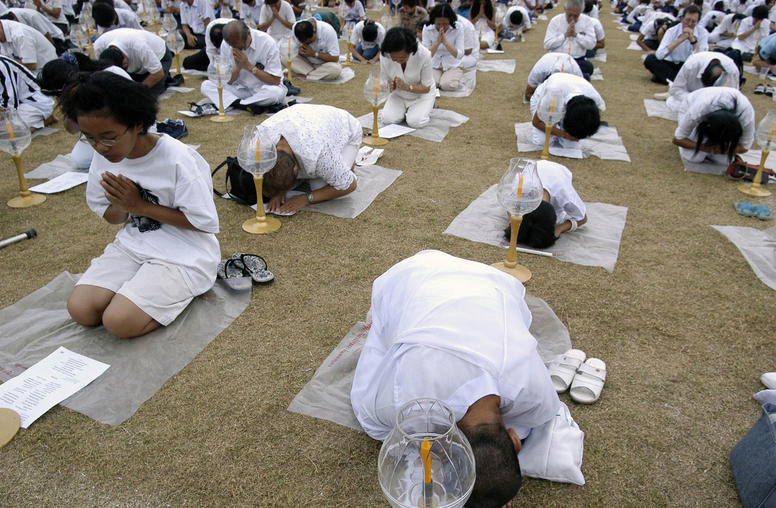
On Climate: To Save the Human Planet, Ally with Human Faith
Humanity’s preservation of a habitable planet now requires policymakers, environmentalists and others to rally billions of people in resisting climate change through a painful remaking of our very economies and societies. Our struggle to build this unprecedented global commitment — notably against headwinds of pandemics, poverty and wars — urgently requires that we build partnership and synergy with a powerful group of allies: religious communities.
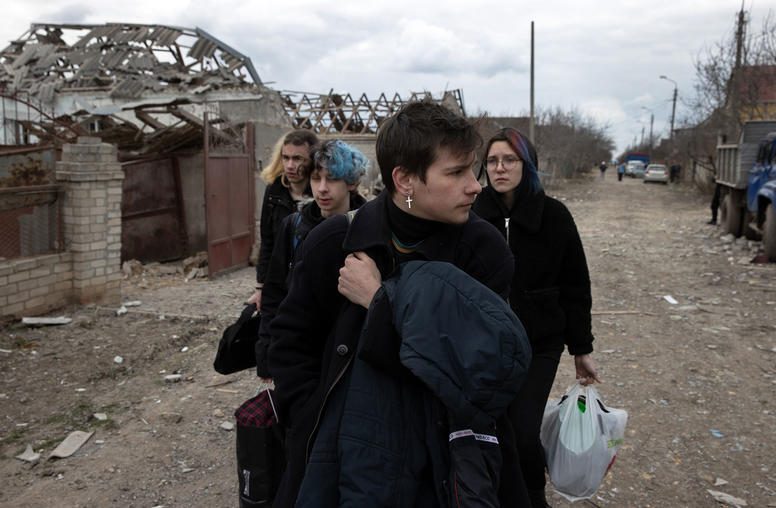
In Ukraine, a War of Rare Clarity Demands Accountability
The world is witnessing a Russian assault so unprovoked, and Ukrainian agony so brutal, that these four weeks have forged a historically rare moment of moral clarity and global unity in affirming the criminality of a war. Nations must convert this clarity and unity into actions. We must sustain support for the Ukrainians who are courageously bearing their unsought role as frontline defenders of the democracy and rule of law on which a peaceful world depends. Second, we must begin now to ensure eventual accountability and justice for the authors of this war. Third, we must buttress our global institutions of that justice.
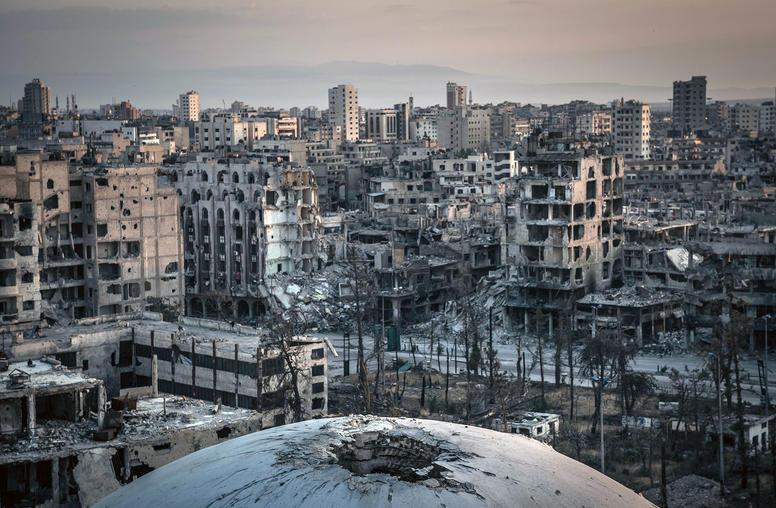
How Russia May Reprise Its Syrian Playbook in Ukraine
The tragic patterns set in Russia’s brutal war in Syria are unfolding anew in Ukraine. Already, chilling parallels are evident between Moscow’s prosecution of the Syrian conflict and its current conduct in its Eastern European neighbor. Going forward, Russia’s Syrian playbook may provide additional insights into its approach to diplomacy as well as how Russia now envisions its eventual Ukrainian endgame.

Religious Mobilization in Ukraine
Even prior to Russia’s invasion of Ukraine, religious relations between the two countries have often mirrored the long-simmering geopolitical tensions surrounding Ukrainian independence and autonomy. Russia’s previous annexation of Crimea and its intervention in Donbas had already provoked the creation of a united Orthodox Church of Ukraine (OCU) by uniting the Ukrainian Autocephalous Church and Ukrainian Orthodox Church of Kyiv Patriarchate. The newly created OCU represented a direct threat to Russia’s official domination of Orthodox Christianity in Ukraine via the Ukrainian Orthodox Church-Moscow Patriarchate (UOC-MP).

The Negev Summit Furthers Arab-Israeli Normalization
Earlier this week, the top diplomats from Egypt, Morocco, Bharain, the UAE and the United States arrived in Israel at the invitation of Israeli Foreign Minister Yair Lapid for what was named the Negev Summit. Building on the normalization breakthrough started by the 2020 Abraham Accords, the summit marked a significant diplomatic shift for the region — especially as concerns mount over the fallout from Russia’s invasion of Ukraine. USIP’s Lucy Kertzer-Ellenbogen and Ambassador Hesham Youssef look at what happened at the summit, how the topics of Iran and Russia were addressed, and what this means for the Israeli-Palestinian peace process going forward.
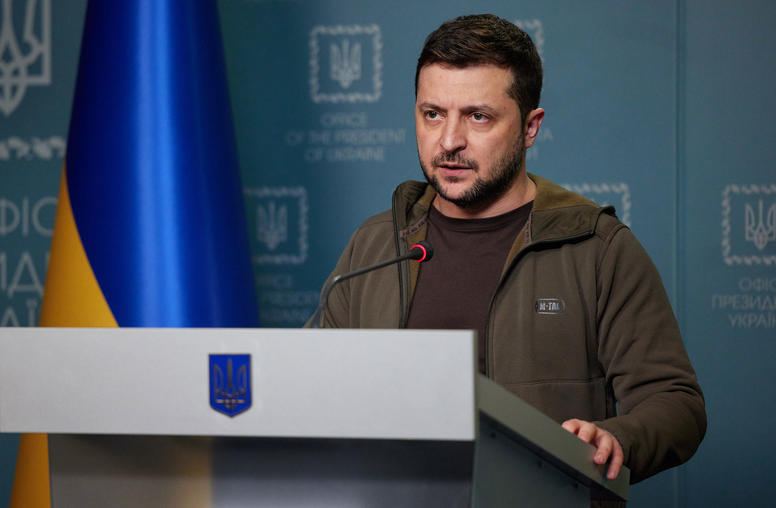
Ukraine considers neutrality. Will Putin respond?
Ukrainian President Volodymyr Zelenskyy has just expanded on his proposal to halt Russia’s brutal invasion of Ukraine by offering to seek his country’s long-term security through a neutral status guaranteed by Russia, the United States and European nations. This is a serious response to Russian President Vladimir Putin’s stated reason for war—denying Ukraine its right to someday join the NATO alliance. The question now confronts Putin: Will he thus end his bloodshed? Or will he continue a war more truly based on his fear of allowing Russians to witness a free democracy of their fellow ethnic Slavs on Russia’s border?
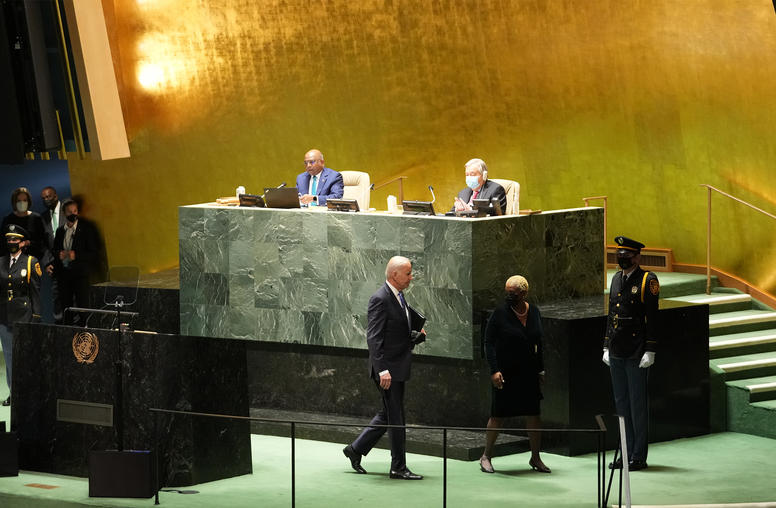
Rethinking U.S. Engagement with U.N. in the Context of Ukraine: Part Two
Russia’s war in Ukraine is a salient reminder of the world’s vulnerabilities to the potential cataclysmic impact of modern warfare. Russia’s nuclear arsenal, the world’s largest, is one of the underlying reasons why its actions in Ukraine have gone unchecked directly by NATO forces. Amid these threats, rules-based international institutions such as the United Nations have long been crucial to peaceful conflict prevention and resolution — but their effectiveness has been hampered in recent years by the United States’ withering commitment to multilateralism.
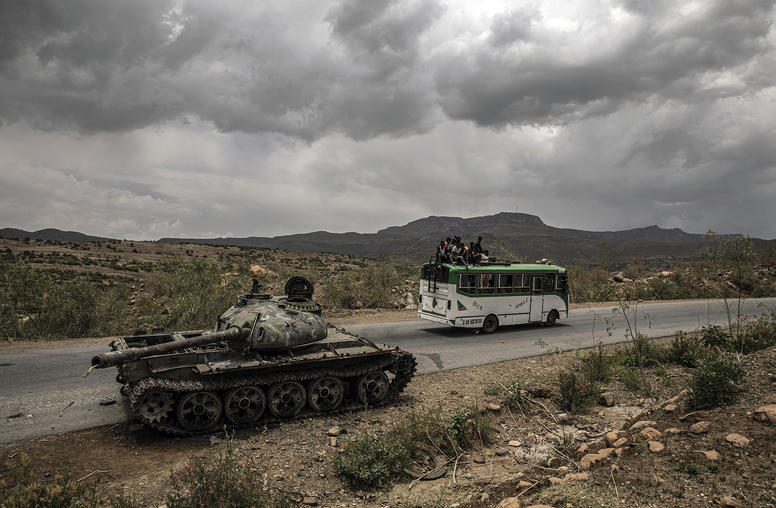
Ethiopia’s Truce Offers Hope, But the Next Steps Are Complex
After 16 months, one of Africa’s deadliest wars has yielded an opportunity to build peace, as Ethiopia’s government and the Tigray Defense Forces have declared a truce to allow for the humanitarian aid needed to prevent mass starvation across the country’s northeast. Ethiopians and their supporters must seize this moment to consolidate a durable cease-fire and end blockages to humanitarian assistance. This effort should open a path to a broad national dialogue to set a shared vision for Ethiopia’s future, growth potential and long-term stability. But the essential first steps are complex and will need to be taken carefully and swiftly.
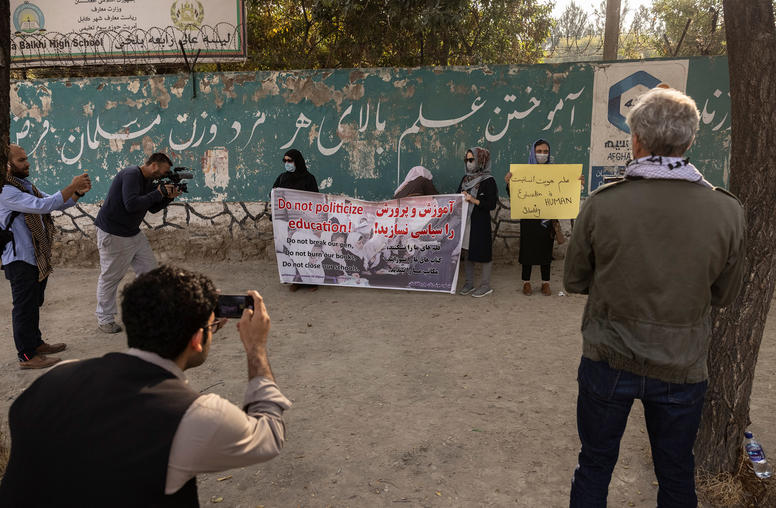
Taliban’s Ban on Girls’ Education in Afghanistan
On March 23, the first day of the school year in Afghanistan, eager female students arriving for class found closed gates and armed Taliban guards. Despite the de facto authorities’ assurances only days earlier that schools would reopen for girls above sixth grade, they had barred girls from further education.
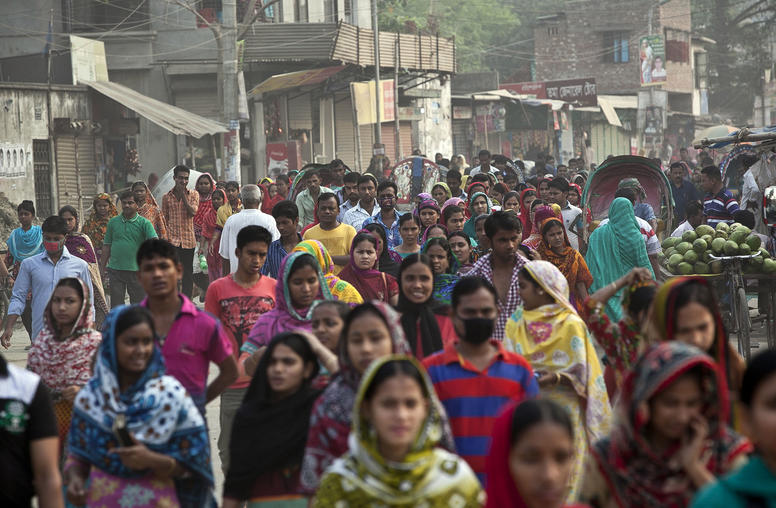
Bangladesh’s Balancing Act Amid the U.S. Indo-Pacific Strategy
As the Biden administration implements its new Indo-Pacific strategy, Bangladesh’s relationships with neighboring India and China are drawing renewed interest from U.S. policymakers. U.S. Undersecretary for Political Affairs Victoria Nuland visited Dhaka in late March and signed a draft defense cooperation agreement; last year, Special President Envoy for Climate John Kerry also went to Dhaka in advance of the Leaders’ Summit on Climate. At the same time, Washington retains concerns over democratic backsliding, human rights abuses and constraints on free and open electoral competition in the country. Experts Anu Anwar, Geoffrey Macdonald, Daniel Markey and Jumaina Siddiqui assess the factors shaping Bangladesh’s relations with its neighbors and the United States.